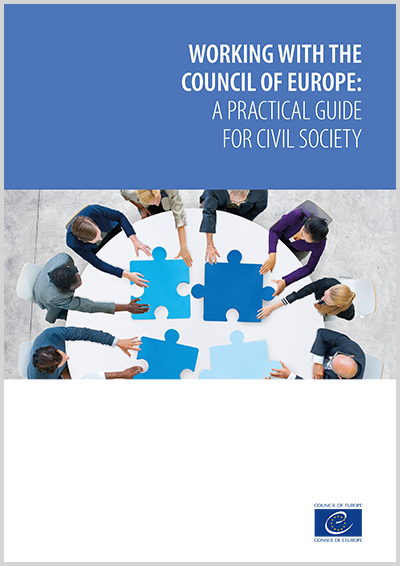Democracy through Law (Venice Commission)

The European Commission for Democracy through Law (the Venice Commission) is the Council of Europe advisory body on constitutional matters. It is composed of independent experts in the field of constitutional and international law and political science. It provides independent country-specific expert advice and draws up general standards.
The Venice Commission’s country-specific opinions provide the relevant state (parliament, government or independent institutions) with recommendations on how to bring their texts into conformity with international standards. It also provides recommendations on how to make viable institutional or legal choices on the basis of a comparative analysis of the experience of Venice Commission member states. In its recommendations, it puts emphasis on gender equality, especially for electoral rules favouring appropriate representation of women. It also promotes the development of gender equality standards and assists national authorities (administrative authorities, electoral management bodies, constitutional courts) in the due interpretation and application of legal texts by providing technical assistance and advice on elements of comparative law. It also develops standards – through studies, general reports and guidelines – often jointly with other international organisations such as OSCE/ODIHR, in areas where national legislators would benefit from increased and more detailed guidance in devising legal texts in line with international standards. For country-specific advice, the Venice Commission acts upon request.
The types of contact points between civil society and the Venice Commission are threefold:
- Legislation on NGOs as the subject of opinions of the Venice Commission: The Venice Commission has adopted numerous reports and opinions in a number of individual countries. It also contributes to safeguarding freedom of association in its member states through, for instance, general guidelines on freedom of association and on the funding of associations.
- NGOs’ role in democratic law-making: In its opinions, the Venice Commission systematically recommends consultation with civil society as an essential phase of democratic law-making.
- NGOs are essential partners in preparing Venice Commission opinions: delegations of the Venice Commission that visit countries as part of the preparation of opinions regularly meet civil society to obtain their views and expertise. Information obtained during these meetings – or even before – helps the Commission’s rapporteurs to identify important constitutional and legal issues.



